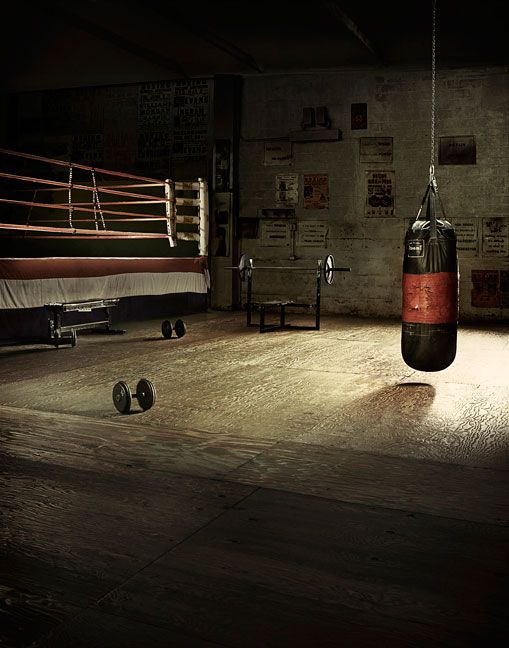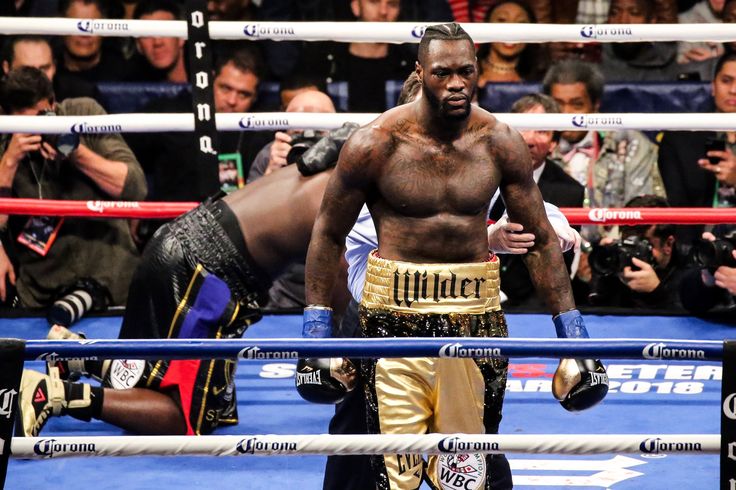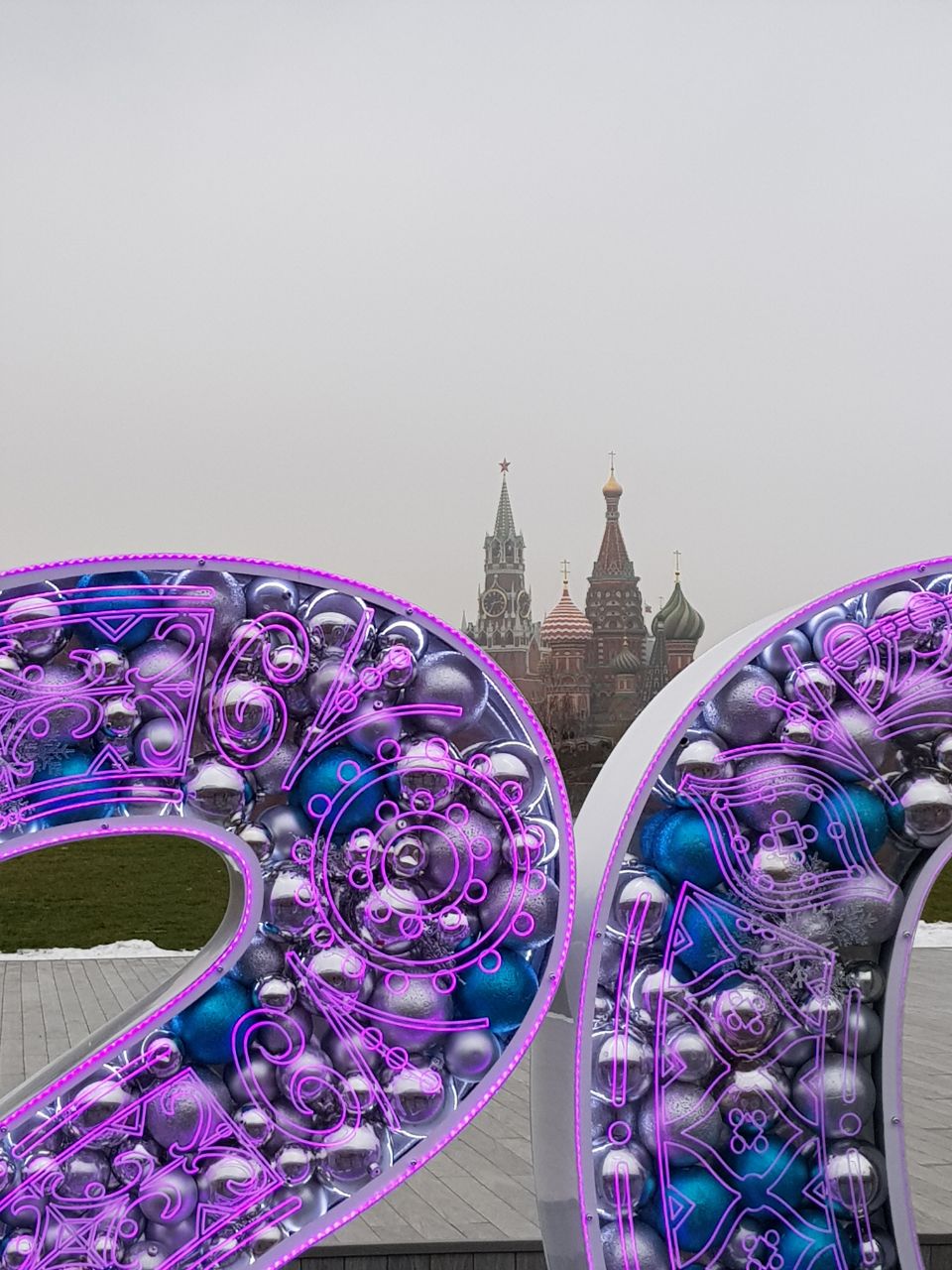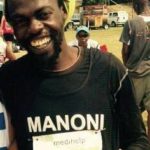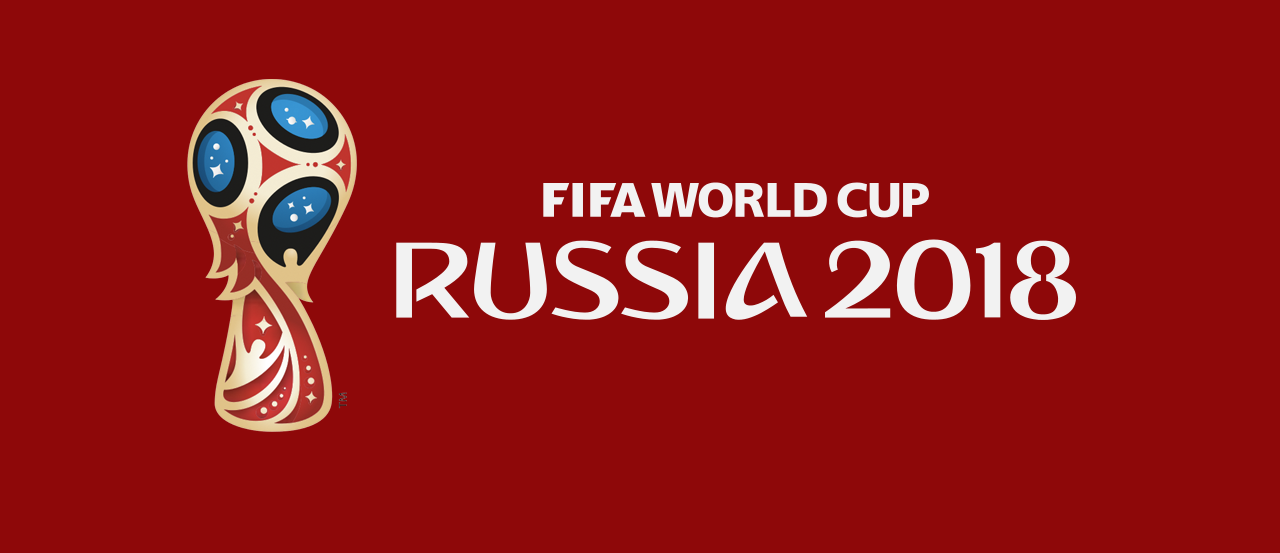Noovak Djokovic recently became the first tennis player to earn $100-million in prizemoney. He also has five blue-chip sponsors who pay him handsomely. And he lives in a sumptuous pad in tax-free Monaco when he’s not at his penthouses in Miami and New York.
But it’s not enough, it seems, for one of sport’s most pampered stars.
The multiple major winner was at the vanguard of a move at the Australian Open to push for more money for the game’s elite. It’s not enough that 50-plus men earned more than $1-million from tennis in 2017, or that today’s men’s winner in Melbourne will pocket a cool $3,1-million.
You wonder where he gets the nerve, but there he was rallying his colleagues to push for more cash during an extraordinary meeting in which non-players were ushered out. It reeked of revolution.
The poor darling is apparently motivated by the extraordinary profits generated by tournament organisers. What he forgets is that the cash is spent, reinvested and spoken for. He forgets, too, that prizemoney is constantly cranked up, not least at the Australian Open.
South Africa’s Kevin Anderson, not short of a dollar himself, also piped up on behalf of the downtrodden, making a fallacious comparison with NBA and NFL stars. Apples and pears and all that.
Contradictions abound, as cranky Bernard Tomic confirmed after failing to qualify for the Australian Open. “I just count money, that’s all I do. I count my millions,” he tartly told the media. “You go do what I did (on court). You go make $13, $14-million. Good luck, guys. Bye bye.”
An uncomfortable truth, but a truth nonetheless: the superstars don’t go short.
NNone of them has worked a day in their lives and for all the artistry of their performances as sportsmen, that’s all they are: sportsmen
It’s rich for Djokovic and his cohorts to pipe up. None of them has worked a day in their lives and for all the artistry of their performances as sportsmen, that’s all they are: sportsmen.
Had Djokovic rallied behind the poor shmucks who operate beyond the top 200 on tour, it would have been another story, but this was a money grab for the well-heeled.
This is the same guy, remember, who two years ago said that men should be paid more than women. It’s a view believed to be shared by many men in the locker room.
More commendable from Djokovic was the call to form a separate players’ union which would presumably torpedo the current situation whereby the ATP represents both players and tournament organisers (Wayne Ferreira tried a similar initiative 15 years ago, but it floundered).
There is a definite need for players to be better represented, although they must pick their fights better than a chase for more money. Djokovic’s views would have been far more palatable had he spoken of redistributing the money to ensure it trickles down more equitably to ensure that the outliers earn a liveable wage. Of course, he did not.
The vast majority of the pot of cash on offer at ATP tournaments goes to top 100 players, so there will be more caviar for them, not the little guys who sweat on the margins.
There’s now loose talk of a strike at next year’s Australian Open, a dangerous suggestion that must be shut down if the players are to avoid a public backlash. Not all players are entirely comfortable with Djokovic’s growing militancy and even tennis fans would have little sympathy in the event of a strike.
It’s difficult to hold the moral high ground when you live as swanky a life as Djokovic. He might have emerged from impoverished Serbia, but he’s one of the world’s one percenters; a nouveau riche man oblivious to the deprivations that most of the world’s people live under.
All he’s done is look at the economy that swirls around the game and assumed that the players deserve a bigger slice of the cake. He conveniently forgets about the thousands of underlings who prop up the sport, often doing unglamorous jobs that pay a standard wage. They may be nameless, but they are vital cogs in the machine that makes the international tour purr along.
Djokovic is a magnificent tennis player, but he’s no poster boy for the failings of the sport. He’s best doing his talking on the court where no-one can dispute his standing. – © Sunday Tribune


